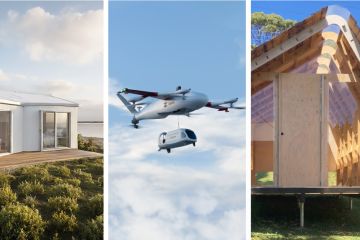First-home buyers will take longer to save a house deposit in most cities despite pandemic: research
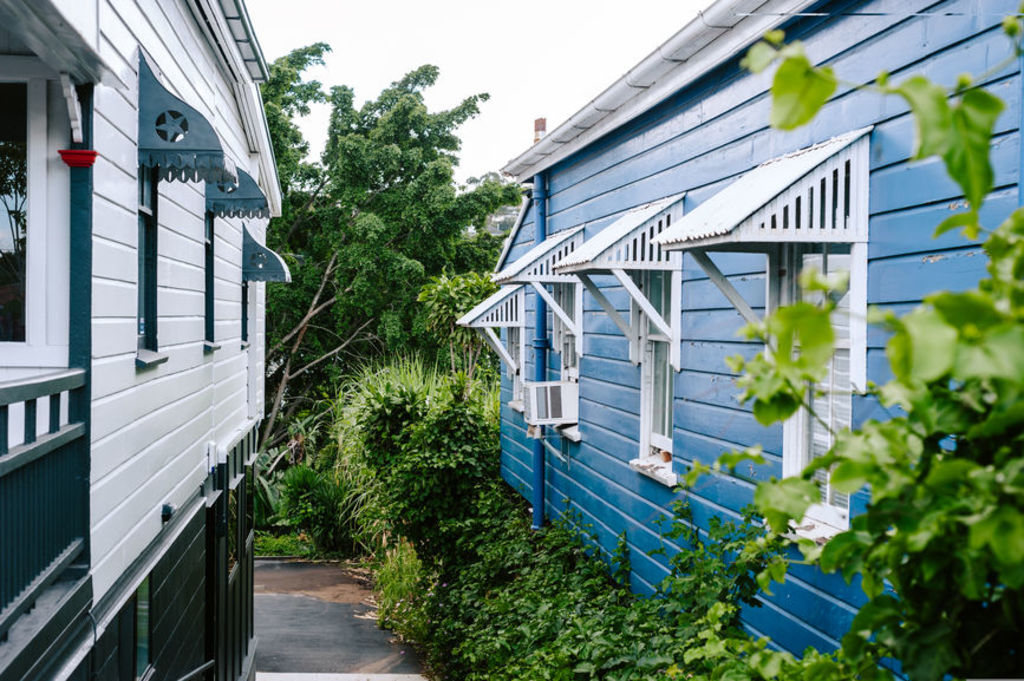
First-home buyers will have to save for longer to get onto the property ladder compared to a year ago because sky-high housing prices have barely fallen so far in the pandemic-induced recession, new research shows.
But with home values tipped to keep sliding into next year, those first-home hopefuls who have managed to keep their jobs could find a window of opportunity soon.
It now takes the average first-home buyer couple in Sydney six years and six months to save a 20 per cent deposit on an entry-level house, two months longer than a year ago, Domain’s First-Home Buyer Report, released Thursday, found.
Melbourne buyers face six years of saving to buy a modest house, also two months longer than a year earlier. The figures compare home prices in July 2020 to July 2019.
Savings times have blown out because dwelling prices are still higher than last year, when the housing market was weak amid a crackdown on home lending and uncertainty in the lead-up to the 2019 federal election.
“What we’re starting to see in that July quarter is entry-level prices have weakened in many of our capital cities,” Domain senior research analyst Nicola Powell said.
“Despite the wavering of prices that we’ve seen in recent quarters, actually prices are still higher this year compared to last year.”
Time to save a deposit, entry-level houses
| City | Entry price | 20% deposit | Time to save | Annual change, months | 5-year change, months |
| Sydney | $680,000 | $136,000 | 6 years 6 months | 2 | 4 |
| Melbourne | $600,000 | $120,000 | 6 years | 2 | 16 |
| Brisbane | $450,000 | $90,000 | 4 years 6 months | 1 | 8 |
| Adelaide | $375,000 | $75,000 | 3 years 11 months | 0 | 3 |
| Perth | $366,580 | $73,316 | 3 years 5 months | -1 | -6 |
| Hobart | $380,000 | $76,000 | 4 years 2 months | 3 | 15 |
| Darwin | $362,000 | $72,400 | 3 years 1 month | -1 | -7 |
| Canberra | $606,060 | $121,212 | 5 years 5 months | 4 | 12 |
Source: Domain
The research assumes a couple on average earnings for a 25 to 34-year-old in their city can save 20 per cent of their post-tax income every month, deposited in a standard online savings account. It excludes transactional costs of buying property.
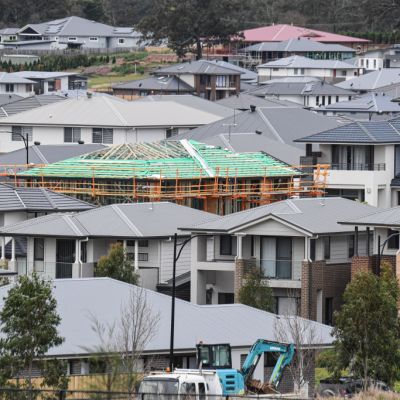 Calls to extend HomeBuilder grant to save the new housing industry
Calls to extend HomeBuilder grant to save the new housing industry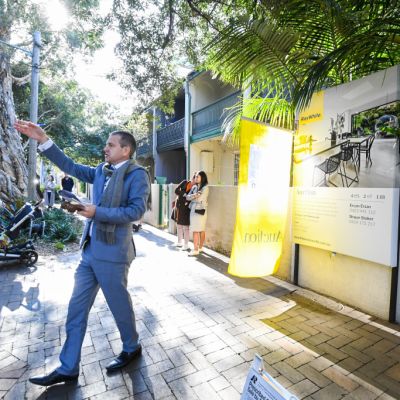 First-home buyers withdrawing superannuation to qualify for First Home Loan Deposit Scheme
First-home buyers withdrawing superannuation to qualify for First Home Loan Deposit Scheme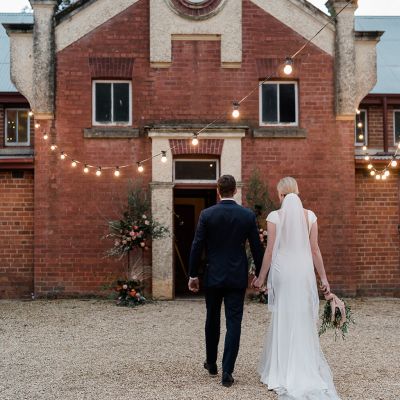 Couples forced to cancel weddings due to COVID use savings for house deposit instead
Couples forced to cancel weddings due to COVID use savings for house deposit instead First-home buyers purchasing with deposits under $30,000 using First Home Loan Deposit Scheme
First-home buyers purchasing with deposits under $30,000 using First Home Loan Deposit Scheme
Entry-level homes are based on the 25th percentile, or the cheapest quarter of homes for sale.
In Sydney, this means a budget of $680,000, for which a 20 per cent deposit would be $136,000.
An entry-level Melbourne house would be $600,000, requiring a deposit of $120,000.
In Canberra, where prices have bucked the trend and risen in recent months, savers would need five years and five months to pull together a deposit – four months longer than a year ago.
Entry-level homes there are more expensive than Melbourne at $600,000, or a deposit of $121,212, but Dr Powell said higher average wages in the national capital helped residents there to save faster.
“Canberra has seen quite significant growth, which has pushed it above the average price of Melbourne,” she said.
Brisbane first-home hopefuls will take a month longer to save than this time last year, at four years and six months for an entry-level house costing $450,000. A deposit would be $90,000.
Hobart’s housing boom has also left locals facing three months of extra saving time, at four years and two months. An entry-level Hobart house would cost $380,000, and a deposit would be $76,000.
Select cities are becoming more accessible for first-home buyers despite the pandemic.
Perth residents would need only three years and five months of saving, a month less than last year. This is to afford a house costing $366,580 on a deposit of $73,316.
The fastest way to save appears to be moving to Darwin, where it would take three years and one month to scrape together a deposit, a month less than last year. Expect an entry-level house to cost $362,000, requiring a deposit of $72,400.
For Adelaide residents the time to save was steady at three years and 11 months, for a $375,000 house and a $75,000 deposit.
Young workers who lost jobs or hours due to coronavirus-related restrictions or the ensuing economic fallout will find little comfort in the figures.
“Those that are going to feel it harder in terms of their wage prospects and how quickly they work their way up the career ladder are those that are just about to embark on their career,” Dr Powell said.
“What we may find is those that have had a bit of a stalling start to their careers, it may be harder for them to get on the property ladder.”
But other first-home hopefuls would be using this time to try to get into the market, taking advantage of a drop-off in interest from investors and foreign buyers, she said.
She noted incentives such as state government stamp duty discounts, the federal First Home Loan Deposit Scheme and the federal HomeBuilder grant.
Another boon for first-time buyers could be the sudden and widespread shift to working from home, she said.
First-home buyers have traditionally made a trade-off between spacious houses in the outer suburbs but a long commute to CBD workplaces, or shorter commutes from a compact inner-city apartment.
“The further away you get from the CBD, the greater the affordability and the quicker it is to save,” she said.
“The game-changer will be this working from home, working remotely, which for some will mean they don’t have to weigh up that choice.”
First-home buyers could shave time off their savings program by choosing an apartment instead of a house, but in Sydney would still need to allow five years and seven months to save for a $585,000 unit, a month more than last year.
Time to save a deposit, entry-level units
| City | Entry price | 20% deposit | Time to save | Annual change, months | 5-year change, months |
| Sydney | $585,000 | $117,000 | 5 years 7 months | 1 | -5 |
| Melbourne | $424,500 | $84,900 | 4 years 3 months | 1 | -1 |
| Brisbane | $328,000 | $65,600 | 3 years 3 months | -2 | -7 |
| Adelaide | $285,000 | $57,000 | 3 years | 0 | 2 |
| Perth | $257,000 | $51,400 | 2 years 5 months | -1 | -6 |
| Hobart | $320,000 | $64,000 | 3 years 6 months | 1 | 12 |
| Darwin | $200,000 | $40,000 | 1 years 8 months | -2 | -22 |
| Canberra | $370,000 | $74,000 | 3 years 4 months | 0 | -1 |
Source: Domain
Melbourne buyers would take an extra month, at four years and three months, to afford a $424,500 unit.
Hobart buyers would take one month longer, at three years and six months, to afford a $320,000 unit.
But buyers could now save faster in Brisbane, where entry-level units can be had for $328,000, Perth, at $257,000 and Darwin at $200,000.
Savings times are steady for entry-level Canberra units, costing $370,000, and Adelaide units at $285,000.
We recommend
We thought you might like
States
Capital Cities
Capital Cities - Rentals
Popular Areas
Allhomes
More







